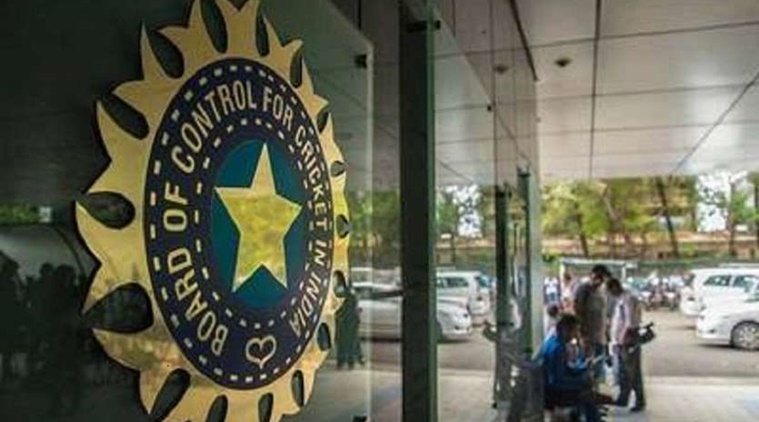 NADA director general Navin Agarwal said they are examining BCCI’s explanation. (File Photo)
NADA director general Navin Agarwal said they are examining BCCI’s explanation. (File Photo)
Claiming that the players were not at fault for failing to update their whereabouts, the Board of Control for Cricket in India (BCCI), in a letter to the National Anti-Doping Agency (NADA), has instead argued that there were technical issues because of which the information could not be shared.
Five cricketers – Cheteshwar Pujara, Ravindra Jadeja, KL Rahul, Smriti Mandhana and Deepti Sharma – are staring at a first ‘whereabouts failure’ as per the international dope testing protocol. Three such strikes and an athlete could be suspended for up to two years for violating rules, as per the World Anti-Doping Agency guidelines.
NADA director general Navin Agarwal said they are examining the cricket board’s explanation and will determine if it is satisfactory in the coming days. “The BCCI has claimed they had a problem with the password. If we find their response is genuine, this won’t be considered as a filing failure,” Agarwal said.
The five cricketers are among the 110 Indian athletes in NADA’s Registered Testing Pool (RTP). Players are included in the RTP based on the priority of the anti-doping agency to test them. According to WADA, if three or more samples are to be collected from an athlete out of competition, they are to be placed under the RTP.
The players included in the RTP are required to provide their whereabouts for the entire year (on a quarterly basis), ‘including a daily one-hour time slot when they can be located for testing, as well as information such as training and competition locations and times, according to WADA. This information has to be logged into a global anti-doping database that WADA operates called ADAMS (Anti-Doping Administration and Management System).
Cricketers do not update their whereabouts directly into this system. Instead, they provide the necessary information to BCCI’s anti-doping officer Abhijit Salvi, who then feeds it into ADAMS. This information helps NADA plan its testing programme. According to Agarwal, it is not unusual for a federation to file whereabouts details on behalf of the players.
Apart from the five cricketers, 36 other athletes have failed to update their whereabouts. “There was a lockdown so some of the athletes may have thought since there was no testing, there was no need to file whereabouts,” Agarwal said. “Now we were about to recommence testing so when we looked at our database, we found out that quite a few athletes had not provided their whereabouts.”
Agarwal said it is crucial for NADA to know an athlete’s everyday location so they can conduct surprise dope tests. Out-of-competition tests are considered to be the bedrock of anti-doping programme.
The BCCI came under NADA’s jurisdiction less than a year ago. Before that, they had their own anti-doping programme in which out-of-competition tests were very few. According to Salvi, of the approximate 250 samples they collected every year, only 30 per cent were out-of-competition.
If an athlete does not provide whereabouts details, or if the information provided is incomplete, it may constitute a filing failure. “In that case, we issue a notice to the athlete. If three notices are sent in 12 months, it is considered that the athlete is deliberately avoiding a test, which constitutes an anti-doping rule violation and may lead to a two-year suspension,” Agarwal said. “We will now examine if this is a genuine problem faced by the cricketers or a first filing failure.”